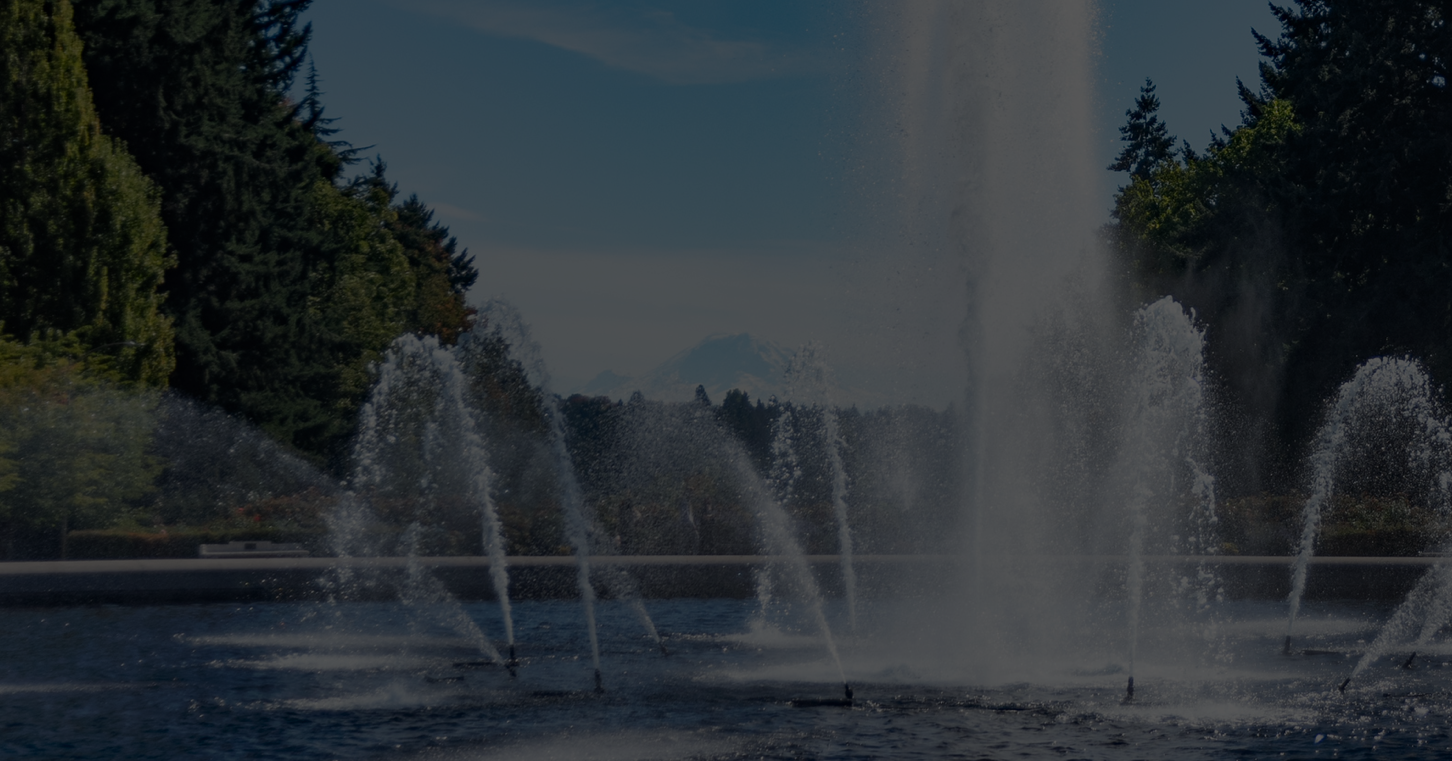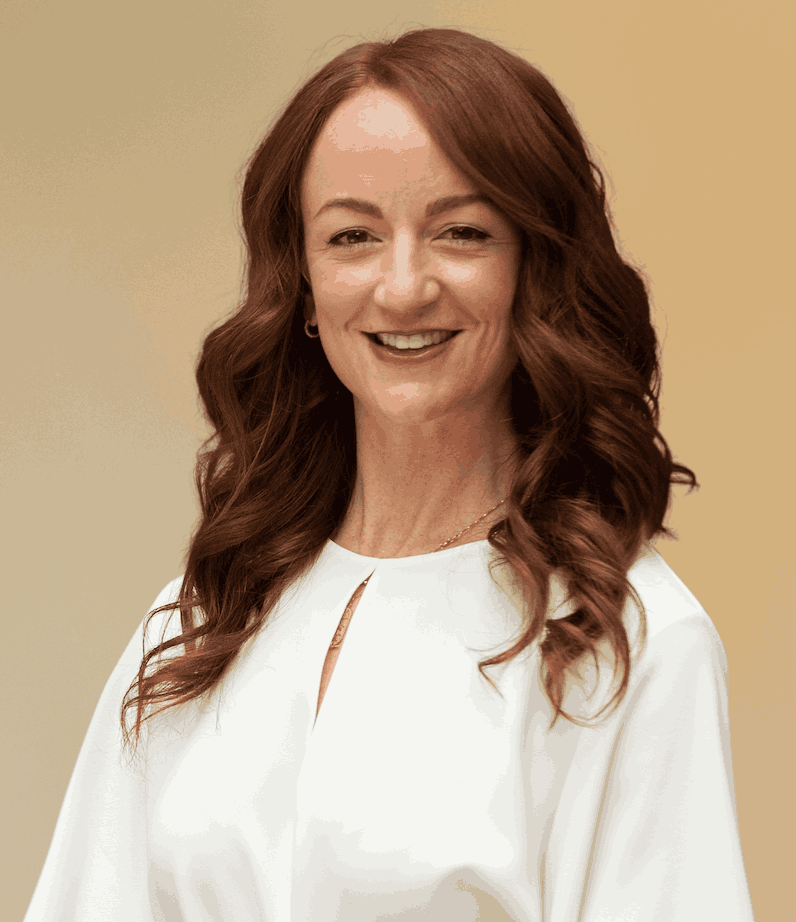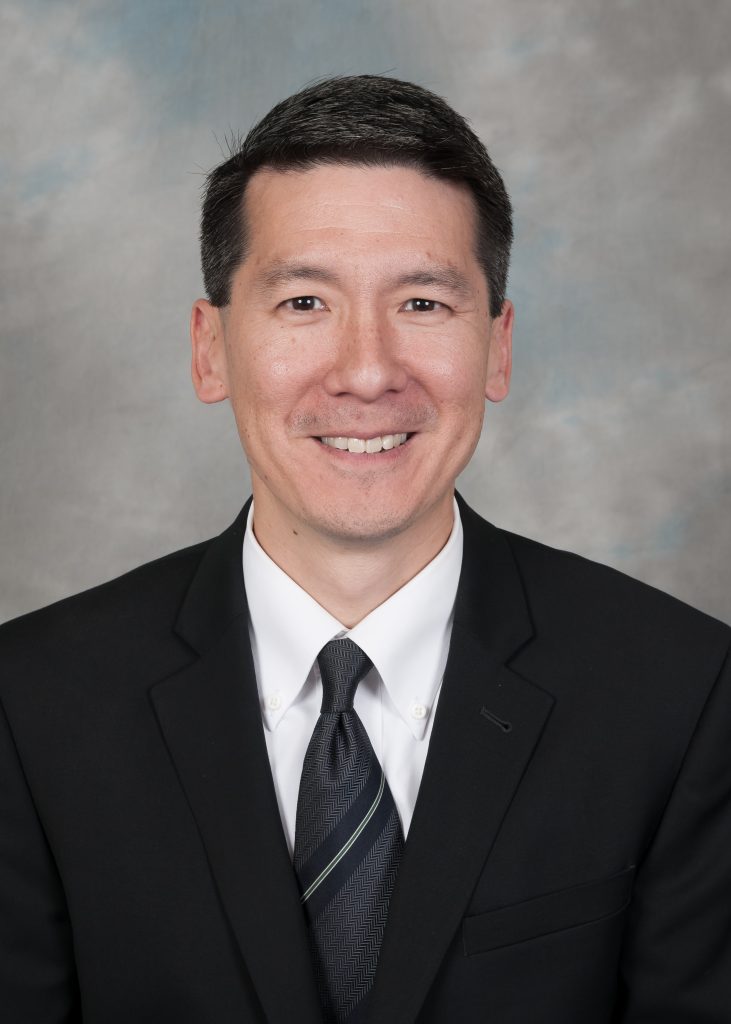DEPARTMENT OF UROLOGY WINTER NEWSLETTER 2024
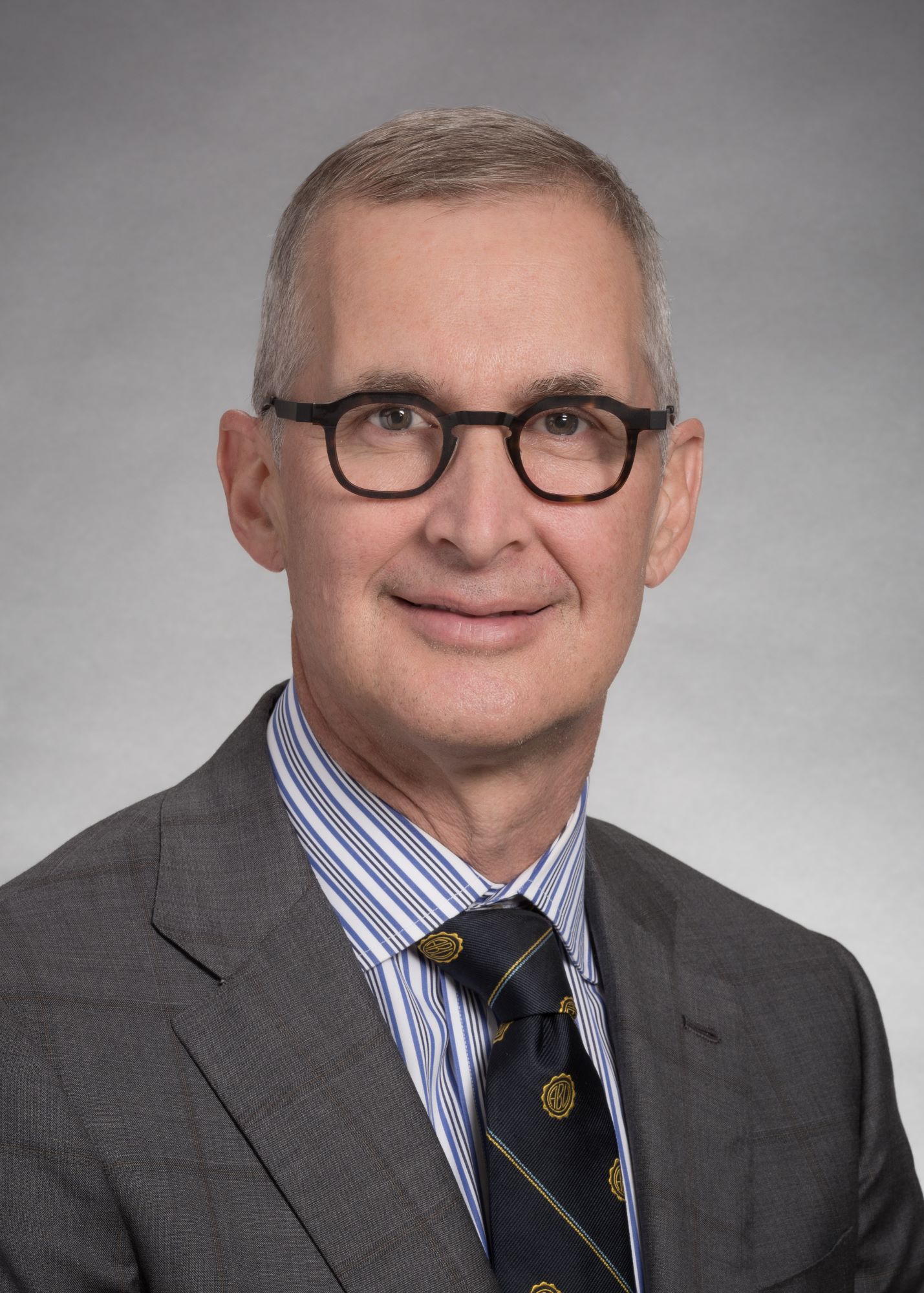
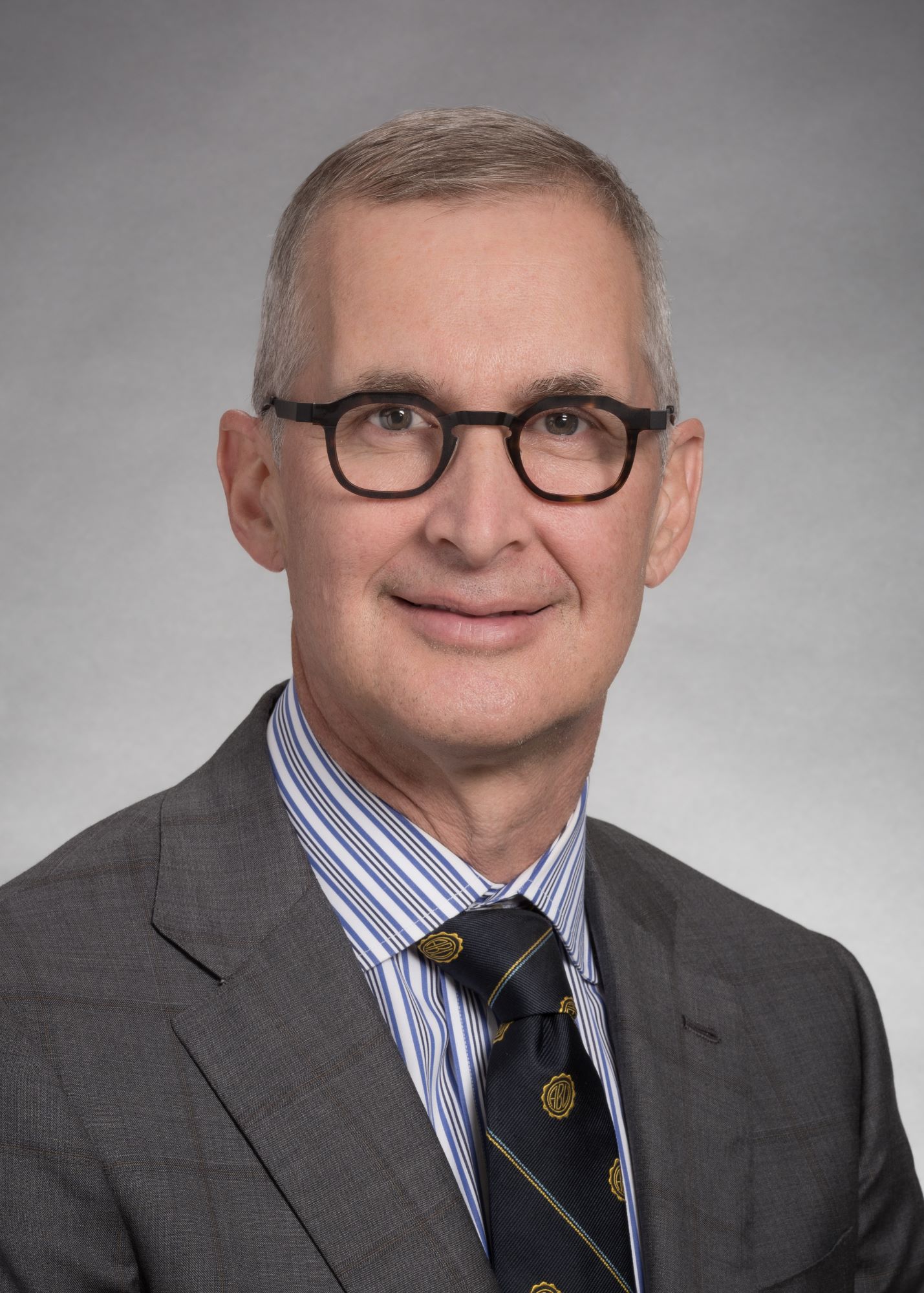 Message from the Chair
Message from the Chair
The timing of this New Year’s message allows me to share my holiday wishes with the entire UW Urology community including our many alumni. It also affords a brief pause between holidays to reflect on what we have accomplished in 2023 and share my excitement for what we can achieve together for the future of our Department. I am especially grateful for the way our staff, faculty, residents and fellows bring their unique contributions to the mission of UW Urology, allowing us to face new challenges with creativity and collaboration.
As the Department continues to grow larger and more diverse, the ways in which its members contribute to our various institutions will expand, and also challenge us as priorities intersect. Key to our success will be to maintain open discourse and debate of ideas. My thoughts go to one of the great role models of the Department, our late faculty member, Richard Grady, MD. He was always one to consider both sides of an argument. He would find a way to listen and hear what the other “side” had to say. Even if they could not resolve their differences, common humanity and tolerance would prevail over other emotions. If we take that approach within our own sphere of influence, we will serve Rich’s memory well.
I have mentioned in previous communications that UW Urology will be in continuous recruitment of talent. Demand for our urological expertise across all clinical environments, including Seattle Children’s, UW Medicine, and VA Puget Sound has never been higher. This has many benefits for our research and educational missions, while adding pressure on our clinical practices, many of which are constrained by OR, clinic and faculty capacity. A strategy that we are using to address the complexity of patient needs in our communities is 1) the growth of our generalist faculty, including Urologists and Advanced Practice Providers, who provide access to a very broad patient population, and 2) further sub-specialization that offers efficient care in a number of specific care niches. In order to sustain these parallel approaches, UW Urology will continue to recruit new faculty; carefully expand the residency program; develop our own internal systems to optimize OR block allocation across hospital locations; and support the further evolution and consolidation of the general urology team. The creativity and collaboration mindset of the Department will be the key to meeting the needs of patients in a highly segmented and rapidly changing healthcare environment.
Research in the Department aligns strongly with its clinical programs, and the problems that our urologists and their patients need to solve. One observation is that the “directionality” of translational research moves just as easily towards the bedside as well as back towards the “bench.” A mature example of this is our kidney stone research program. Sixteen years ago, the strong engineering focus of the Applied Physics Lab attracted faculty, residents and fellows to the field of endourology. Fast forward to February of 2024, when the 1658th and final participant of the Prevention of Urinary Stones with Hydration (PUSH) trial will complete their last follow up at UW. Although the outcome of the study intervention is still unknown, PUSH represents a landmark in stone research. Another exciting example of translational impact relates to patient centered outcomes in urologic care. A series of successful funded programs has allowed the Department to create the Center for Health Outcomes Research & Dissemination (CHORD) which includes infrastructure dedicated to improving the quality of and access to care for patients with urologic health conditions. An effort related to CHORD is the development of a community outreach program in prostate cancer screening led by Yaw Nyame, MD, MS, MBA focused on high-risk patients of Black and African descent in South King County. We hope that this initiative can serve as a model for our other subspecialties to reach vulnerable populations within their own communities.
The UW Urology Training Programs have been likened to the Jewel in the Crown – and our 20 residents and 8 fellows are undoubtedly some of the most valuable assets of the Department. I want to personally thank each of them for their commitment to our Mission. These individuals come to us with new perspectives, suffuse the Department with energy and creativity, and leave to share outstanding surgical and intellectual abilities with their future colleagues and institutions. Program Director Judith Hagedorn, MPH, MD has created a new giving opportunity for those who wish to support the residents more directly. The amazing thing about UW Urology is that individuals at every level of our team contribute. One change driven by resident concerns has been the successful implementation of a Night Float rotation to cover hospitals on the north side of Montlake Cut. Night float focuses on acute care urology, in one-month blocks, allowing the UWMC and SCH teams to prepare and focus on daytime learning and work. As part of a year-long effort, Dr. Hagedorn included resident representatives on a standing workgroup that examined our entire resident recruitment process from first screening to final rank list creation. Stay tuned for the outcomes of our Match in the next Newsletter!
Happy New Year!
Hunter Wessells, MD, FACS
Professor and Nelson Chair of Urology
University of Washington School of Medicine



